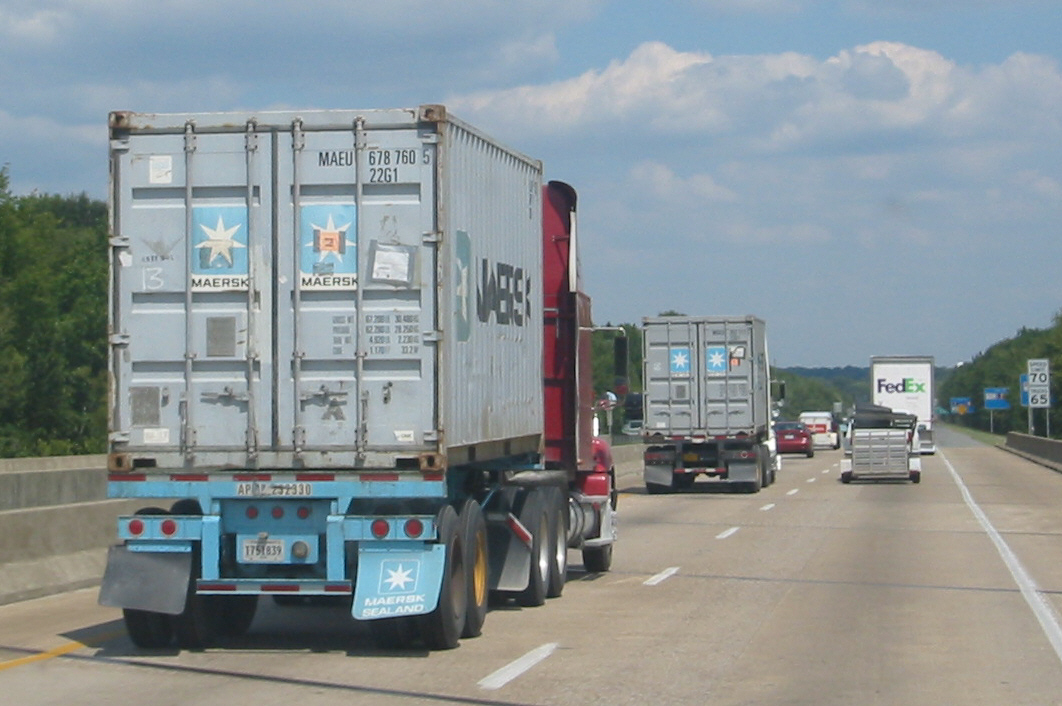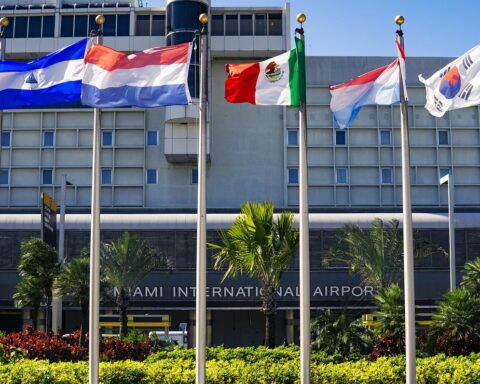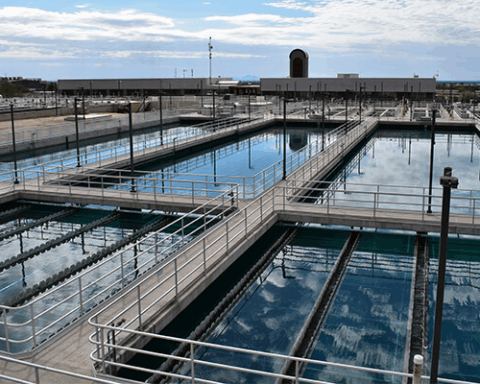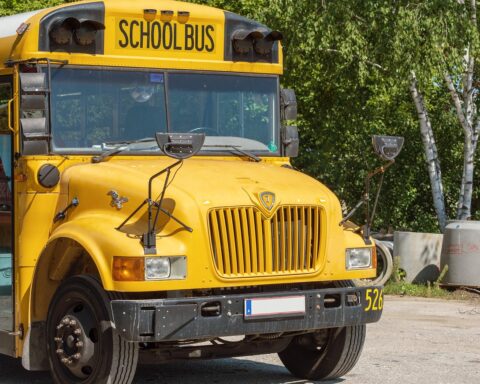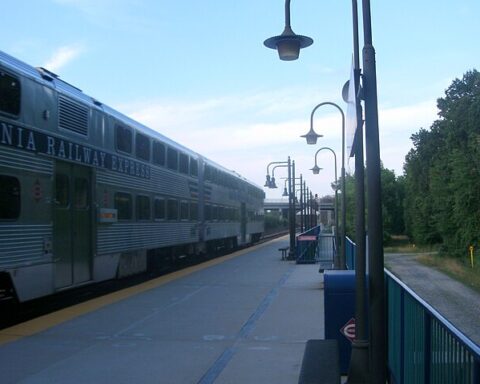California is looking to lead the way in creating a transportation corridor for zero emissions trucking on the West Coast. With $102 million awarded by the Federal Highway Administration, the state is spearheading an ambitious project known as the West Coast Truck Charging and Fueling Corridor Project. The goal is to establish a network of electric charging and hydrogen fueling stations for medium- and heavy-duty vehicles across 2,500 miles of key freight corridors, spanning from the Mexican to the Canadian border.
The project, led by the California Department of Transportation (Caltrans), extends beyond state lines. California is partnering with Oregon and Washington to create a comprehensive zero-emission trucking infrastructure along the entire West Coast. This tri-state cooperation will seek to address the challenges of long-haul zero-emission trucking.
The funding for this project is part of a larger federal initiative to expand electric vehicle (EV) and alternative-fueling infrastructure across the country. The U.S. Department of Transportation has allocated $521 million in grants through the Charging and Fueling Infrastructure (CFI) Discretionary Grant Program, established under the 2021 Infrastructure Investment and Jobs Act.
RELATED: California reaches milestone of 150,000 EV chargers
With a total budget of $2.5 billion, the grant program aims to develop a reliable network of EV chargers nationwide. The grants are divided into two categories: community projects and corridor projects. California’s project falls under the corridor category, and it is the largest cash award in the latest round of funding announced in August.
While trucks comprise only six percent of vehicles on California’s roads, they account for over a quarter of its on-road greenhouse gas emissions and 35% of transportation emissions that cause smog. By connecting major ports, freight centers and agricultural regions between the U.S. borders with Mexico and Canada, the initiative aims to facilitate the emissions-free movement of goods.
The ports of Los Angeles and Long Beach together handled 29% of waterborne imports and exports in the U.S. in 2023. This project could significantly lower the emissions from transporting goods that come through the ports to cities throughout the region.
This initiative aligns with the broader goals set by the California Air Resources Board requiring a reduction in tailpipe emissions from conventional combustion technologies to zero-emission wherever feasible. CARB is developing new strategies to achieve this reduction in tailpipe emissions, with a focus on zero-emission heavy-duty vehicles.
The project builds on California’s existing policies promoting zero-emission vehicles, including the Advanced Clean Trucks (ACT) standard adopted in 2020 and the Advanced Clean Fleets (ACF) standard adopted in 2023.
Recent data from CARB indicates that these policies are already showing promising results. In 2023, one out of six new medium- and heavy-duty trucks sold in California were zero-emission vehicles, exceeding the ACT’s goals two years ahead of schedule. This early success suggests that the market is ready for the infrastructure that the West Coast Truck Charging and Fueling Corridor Project will provide.
The project is set to begin construction of the new charging stations in 2026.
futureatlas.com, CC BY 2.0 https://creativecommons.org/licenses/by/2.0, via Wikimedia Commons



